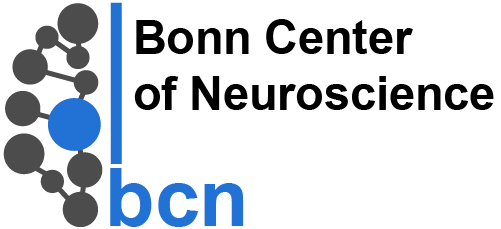A new study by AG Beck was just published in Nature Communications. In it, Daniel Müller-Komorowska and collegues describe a novel compuatational function of feedback inhibitory circuits, namely “phase to rate recoding”. Specifically, the study, led by Oliver Braganza finds that the dentate gyrus feedback microcircuit translates an incoming phase code into a sparse synchronous population-rate code. The benefits of this compuation are
i) an improved information content,
ii) increased synchrony and
iii) improved plasticity in CA3.
These properties should improve the storage of associative memories in the hippocampus. Furthermore, since both phase codes and feedback circuits are ubiquitous in the brain, this research raises the question if phase to rate recoding might be a canonical compuational motif which operates throughout the brain. Read more at: https://www.nature.com/articles/s41467-023-41803-8
